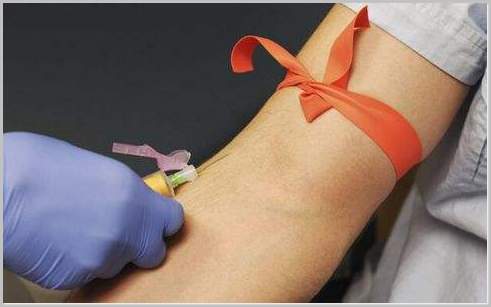
You’ve probably been taught that a universal blood donor can give blood to anyone and that a universal recipient can receive blood from anyone. This is an oversimplification. Whole blood from a donor can only be given to a recipient with the exact same blood type. Giving whole blood from a universal donor to someone of a different blood type would cause a transfusion reaction and most likely result in death. What the universal donor and recipient rule refers to is packed red cells. Whole blood consists of red cells, white cells, platelets, antibodies to other blood types, and many other components floating around in a liquid called plasma. Blood bank procedures sort these components into their own separate containers for use when needed. Packed red cells, not whole blood, are usually administered during a blood transfusion.
There are many different blood group systems but the most important and familiar is the ABO system. Red blood cells (RBCs) have genetically inherited blood group antigens on their cell surfaces which, when transfused, can be attacked by the recipient’s antibodies. There are four different blood types in the ABO system; A, B, O, and AB. If the RBCs have the A antigen, the immune system produces antibodies to the B antigen. If the RBCs have the B antigen, the immune system produces antibodies to the A antigen. If the RBCs have the O antigen, the immune system makes antibodies to both the A and B antigens. If the RBCs have both A and B antigens, the immune system does not make antibodies to either of these. These antibodies are present in the plasma.
If A antibodies encounter cells that have A antigens, they attach to the antigens and can cause the cells to die. The same process occurs with B antigens and antibodies. This is why the A and B blood types are incompatible.
For persons with the AB blood type, their bodies produce neither A nor B antibodies. These people are the universal recipients of RBCs because the lack of antibodies means the other RBC types are not attacked by antibodies when transfused.
There are no O antibodies. The O antigen is really just the lack of A or B antigens. Persons with the O blood type produce antibodies to both A and B antigens. These are the universal donors of RBCs because they have no antigens to be attacked by A or B antibodies.
Sometimes patients need plasma administered. The rules for donation are then reversed. Type AB persons, who are universal recipients for packed red cells, are universal donors for plasma because their plasma contains no A or B antibodies that would attack the recipient’s RBCs. Type O persons, who are the universal donors for RBCs, are universal recipients for plasma because their RBCs have no A or B antigens to be attacked by A or B antibodies in transfused plasma.
What have we learned about blood compatibility? Type O persons can donate their red blood cells, but not their plasma, to persons with any other blood type. These are the so-called universal donors. Type AB persons can receive red blood cells, but not plasma, from persons with any other blood type. These are the so-called universal recipients. Type A persons can receive whole blood or packed red cells from other type A persons, or packed red cells from type O persons. Type B persons can receive whole blood or packed red cells from other type B persons, or packed red cells from type O persons. Persons of any blood type can receive whole blood only from other persons with the exact same blood type. There is rarely a call for whole blood transfusion in developed countries of the world.
While the ABO blood group is the most important, there are actually many more blood group systems, such as the Rh, Duffy, Kell, and Lewis blood groups involved with transfusion medicine, and matching donors and recipients is a complex process.

